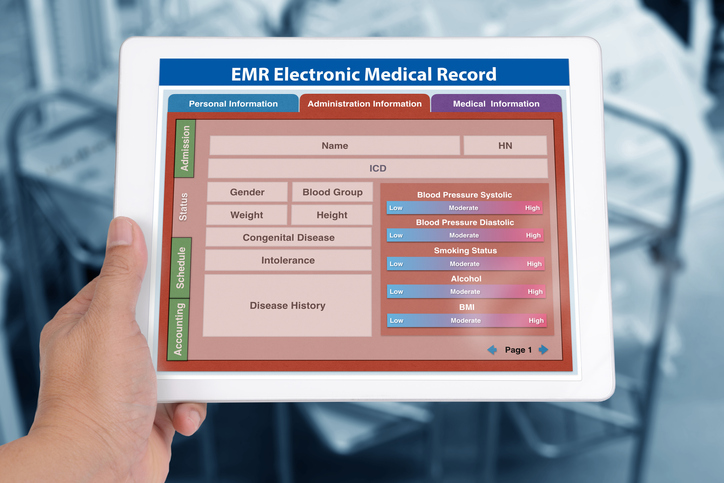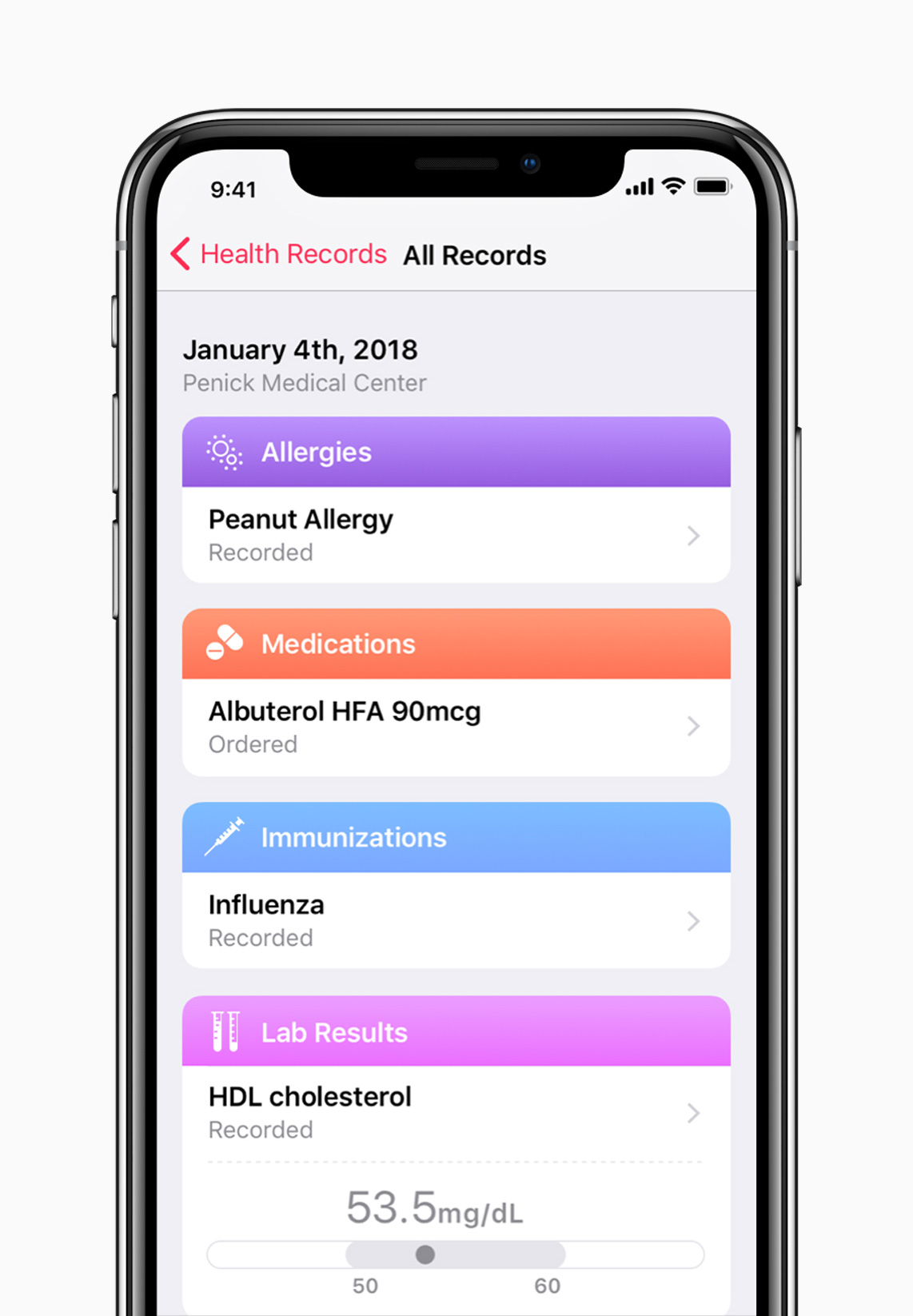
Debunking 4 Misbeliefs About Why Vendors Keep Breaking Promises to Providers
One in four providers said that health technology vendors haven’t kept their promises in the past year. KLAS Research debunked four common misconceptions vendors may have about why so many providers feel this way — such as the false notion that employees who weren't part of the purchasing decision feel the most disappointed by vendors or the misbelief that it's better to not make promises in the first place.












